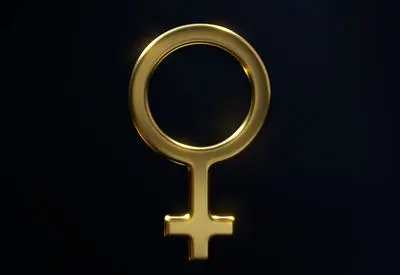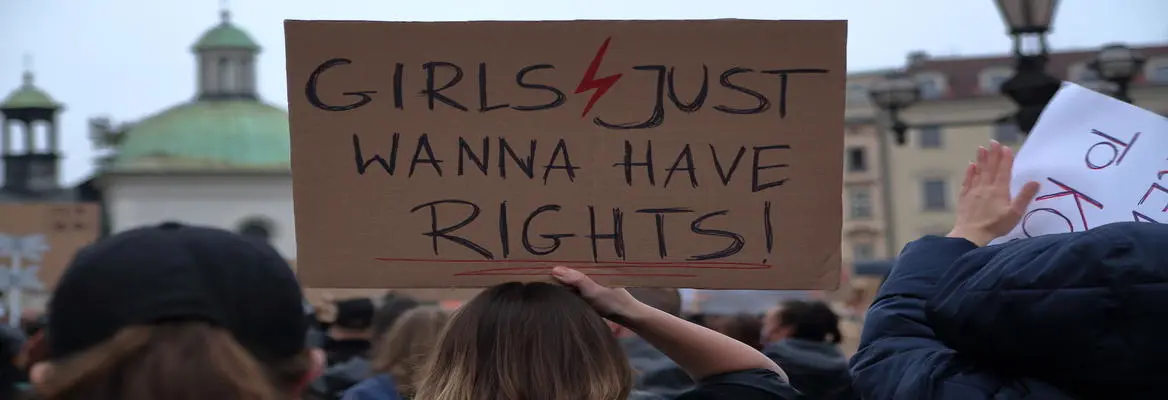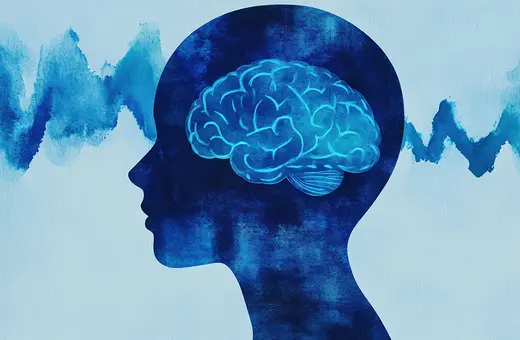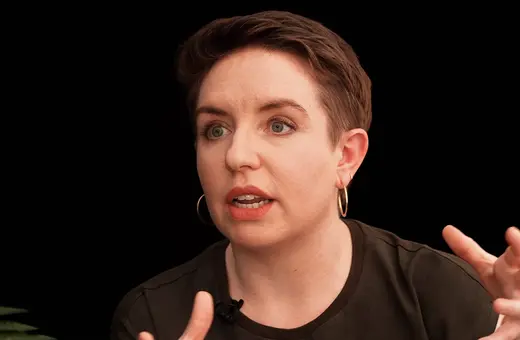Who should decide whether abortion is legal or not? According to a leaked document, the US Supreme Court is about to answer that question in a new and controversial way: voters. This will overturn the status quo since 1973, when the Supreme Court decided that early term abortion was a constitutional right. Many argue that a a right so fundamental as the right to make decisions about your own body should be enshrined in the constitution rather than be subject to the opinion of the majority. But given the real moral disagreement and apparent clash between women’s right to bodily autonomy, and the right to life of the foetus, which right should prevail? Liberal democracies have the tools to answer that question, but the way the US is about to means that it risks slipping towards an illiberal democracy, writes Alberto Giubilini.
The leaked draft opinion by Supreme Court Justice’ Samuel Alito foreshadows the overturn of the 1973 Roe vs Wade ruling. Roe vs Wade grounded women’s (limited) right to abortion in the US in the 14th Amendment of the US Constitution and its implied right to privacy. Acknowledging the pervasive disagreement over the morality of abortion, the Supreme Court has now decided to “return the power to weigh those arguments to the people and their elected representatives”.
 SUGGESTED READING
The future of feminism
By IAI Editorial
In this way, the Supreme Court is in fact democratizing the legal availability abortion. Which raises the ethical question about whether the legal availability of abortion should be a matter of democratic procedure, as opposed to a constitutional matter around fundamental rights. I side with the latter view. I do not think a decision over women’s right to abortion should be a matter of democratic procedure such as a State election or a referendum. And I am going to provide reasons for why I think people on either side of the abortion debate can share my view, assuming they accept some fundamental tenets of liberal democracy.
SUGGESTED READING
The future of feminism
By IAI Editorial
In this way, the Supreme Court is in fact democratizing the legal availability abortion. Which raises the ethical question about whether the legal availability of abortion should be a matter of democratic procedure, as opposed to a constitutional matter around fundamental rights. I side with the latter view. I do not think a decision over women’s right to abortion should be a matter of democratic procedure such as a State election or a referendum. And I am going to provide reasons for why I think people on either side of the abortion debate can share my view, assuming they accept some fundamental tenets of liberal democracy.
___
___
It’s important to get some details straight first. The new ruling is not about the legal or ethical permissibility of abortion. It is a ruling about where, in the US, the legitimate authority to regulate abortion lies. Roe v Wade took the American Constitution to support a right to abortion. This new ruling places the authority on individual States. This means elected representatives in each State will have the power to regulate abortion in their own jurisdiction. By electing their representatives, people in different States will have a say on whether and to what extent women should have a legal right to access abortion services in that State.
I also want to avoid the misleading claims that the US Supreme Court is itself moving to end abortion. It isn’t. It is enabling States to take responsibility for that decision by declaring the Constitution silent on the matter. In fact, many states will keep abortion legal, although the ruling will result in some other States banning or severely restricting legal abortion.
___
___





















Join the conversation